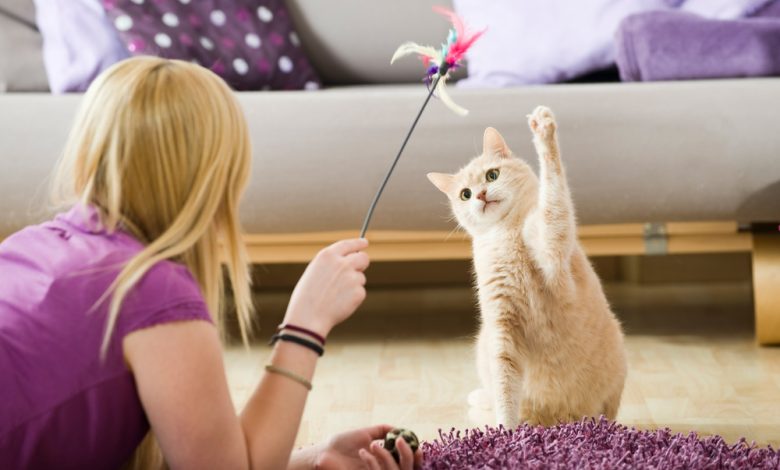12 Helpful Tips to Be a Better Cat Owner

Being the best cat owner is crucial because it directly impacts the well-being of your feline companion.
Cats depend on their owners for food, shelter, healthcare, and emotional support. Providing the best care ensures their physical health, mental stimulation, and emotional happiness.
A happy, healthy cat is more likely to be affectionate, well-behaved, and a joy to have around. Additionally, responsible cat ownership contributes to reducing the number of homeless or mistreated cats, fostering a more compassionate society.
Also, if you haven’t bought cat insurance already, consider buying a policy. Cat insurance in NZ covers a feline for essential medical care during challenging health situations with minor economic burden, so contemplate signing up for one.
In the meantime, read this article for tips on how to be a better cat owner.
Top tips
Becoming a better cat owner involves understanding and meeting your feline companion’s physical and emotional needs. Some key steps to improve your cat ownership are listed below.
1. Provide proper nutrition
Offer high-quality cat food that matches your cat’s age, size, and specific dietary requirements. Freshwater should always be available.
2. Regular veterinary care
Schedule bi-annual check-ups and timely vaccinations. Address any health issues promptly and consider spaying or neutering to prevent unwanted litters.
3. Create a safe environment
Ensure your home is cat-proofed, removing hazards like toxic plants, chemicals, or small objects that can be ingested.
4. Enrichment and stimulation
Cats need mental and physical stimulation. Offer toys, scratching posts, and interactive play to prevent boredom and reduce stress.
5. Grooming and hygiene
Regularly groom your cat, especially if they have long fur. Keep the litter box clean, and ensure they are up to date on flea and tick prevention.
6. Social interaction
Spend quality time with your cat, offering affection and companionship. Respect their boundaries and allow them to initiate interactions.
7. Litter box maintenance
Ensure the litter box is clean, placed in a quiet, accessible area, and meets your cat’s preferences for litter type.
8. Training and discipline
Use positive reinforcement techniques to teach desirable behaviors and avoid harsh punishment, as it can deteriorate the human-animal bond.
9. Identification and microchipping
Provide proper identification, like a reliable collar with an updated ID tag and consider microchipping your cat to increase the chances of a safe return if they get lost.
10. Respect their nature
Cats are independent animals. Respect their need for alone time and their hunting instincts. Allow them to express their natural behaviors.
11. Provide a comfortable resting place
Cats sleep a lot, so offer cozy relaxing spots, away from noise and disturbances.
12. Patience and understanding
Understand that every cat is unique, and their needs may vary. Be patient and adaptable to accommodate their individual preferences.
Improving your cat ownership involves an honest effort and patience; careless cat ownership, on the other hand, poses several risks. Neglecting their needs can lead to health issues, obesity, and behavioral problems.
Cats left outdoors unsupervised are exposed to dangers like traffic, predators, and diseases. Inadequate identification increases the risk of losing a pet. Unattended cats may damage property, and litter box neglect can lead to unsanitary living conditions. Neglecting these responsibilities can result in suffering for the cat, so it is best to avoid them.
Also, consider being equipped with cat insurance to handle any unexpected health scenarios more effectively. Cat insurance NZ can lend you a financial hand of comfort when you need to cover hefty bills upfront, so contemplate purchasing a policy.



